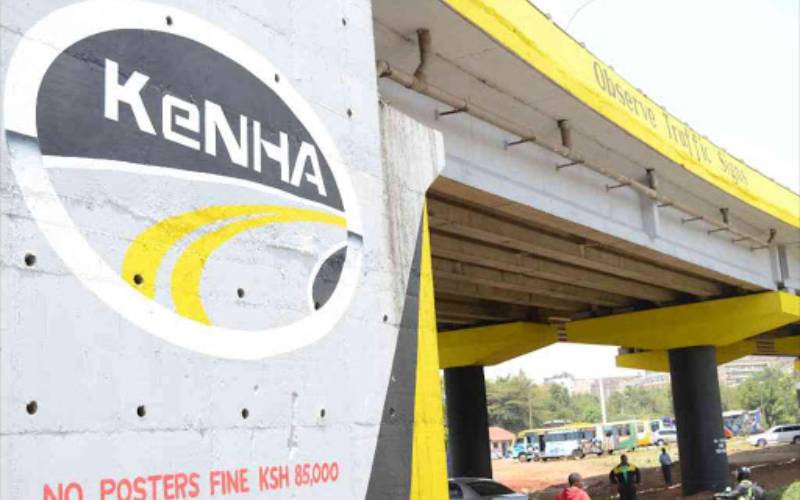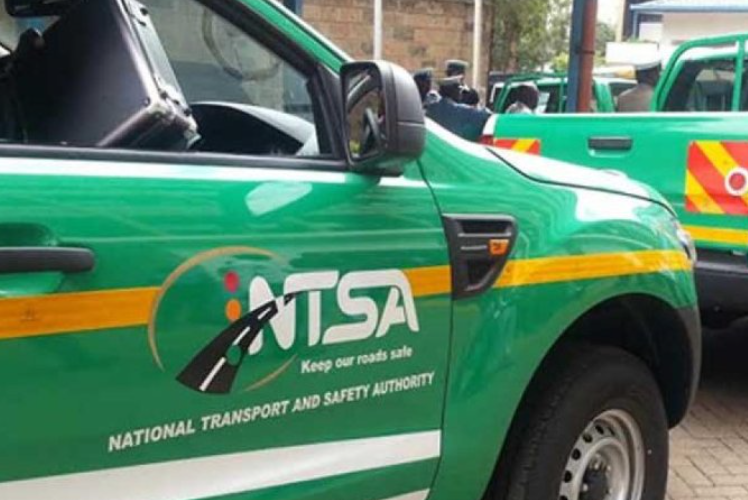The Ethics and Anti-Corruption Commission (EACC) has once again shed light on the persistent menace of corruption in Kenya. The recently released 2023/2024 financial year report paints a grim picture of the state of governance and ethical leadership in the country, revealing deep-seated corruption practices, key institutions under scrutiny, and efforts to recover stolen assets.

One of the most alarming revelations in the report is that bribery remains the most common form of corruption, accounting for 42% of reported cases. This means that for almost half of the instances of corruption, individuals and businesses are forced to pay bribes to access public services. Additionally, embezzlement and misappropriation of public funds account for 13% of cases, while fraudulent acquisition or disposal of public property stands at 11%.
Another worrying trend highlighted by the EACC is the increasing involvement of family members as proxies in corruption schemes. Public officials are using their relatives to siphon off public funds, making it harder to trace illicit financial flows. This not only jeopardizes the fight against corruption but also erodes the moral fabric of Kenyan society.
Certain public institutions have been flagged as corruption hotspots. These include the Kenya Revenue Authority (Port Health Services), Jomo Kenyatta International Airport (JKIA), the National Police Service, the Ministry of Lands Registries, Kericho Referral Hospital, the National Transport and Safety Authority (NTSA), Kenya National Highways Authority (KeNHA) weighbridges, and the Nairobi City County Government. The presence of these institutions on the list suggests that corruption is deeply rooted in both local and national governance structures.

Despite the grim statistics, the EACC has recorded some victories in its fight against corruption. In the last financial year, the commission successfully recovered Ksh. 2.9 billion worth of corruptly acquired assets. Furthermore, proactive investigations helped prevent the loss of another Ksh. 2.9 billion. These recoveries indicate that the war against corruption, though tough, is yielding results.
The commission also forwarded 126 investigation files to the Director of Public Prosecutions (DPP) for review. While this is a positive step, the low conviction rate of 26.7%—with only 12 successful convictions out of 45 completed cases—raises concerns about the effectiveness of the judicial process in dealing with corruption cases.
To tackle corruption effectively, Kenya needs to adopt a multi-faceted approach that involves legal reforms, public awareness campaigns, and a stronger commitment to ethical governance. Stricter penalties for corrupt officials, increased transparency in public institutions, and better protection for whistleblowers could significantly reduce corruption levels.
The involvement of the public is also crucial in this battle. Kenyans must take an active role in reporting corruption and demanding accountability from their leaders. Without collective action, corruption will continue to hinder the country’s economic growth and social development.
The EACC’s latest report is a wake-up call for all Kenyans. While efforts to fight corruption have borne some fruit, much more needs to be done to root out this vice. The government, law enforcement agencies, and the public must work together to ensure that Kenya’s resources benefit all citizens rather than a select few who exploit public office for personal gain. The fight against corruption is far from over, but with determination and collective action, a corruption-free Kenya is achievable.



